It’s a pretty common sentiment that the MMO community is sick of its own games. Questing, tab targeting, objectively boring combat and content drop at end game all take a heavy piece of the responsibility.
Perhaps it’s the current state of gaming technology that’s holding the genre back, or maybe it’s the complication of vast economies and social networks. Could it be that our World of Warcraft overlords have made innovation difficult to market, or that free to play set ups and cash grabs have ruined the genre altogether?
Whatever the case may be, MMO players are currently suffering a long-coming IP drought and as an adoring and optimistic fan, I want to take a closer look at why.
While I still manage to stay on the edge of my seat every time a new MMO is announced, the vast majority of my friends have long since given up. Chasing the next big thing can have heartbreaking consequences, especially when an MMO promises to be different, but barely is (which happens far [far] too often).
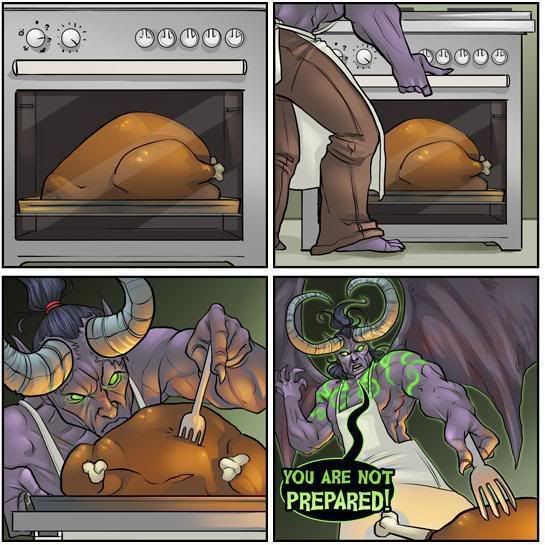
For the purposes of this article, we must move past the founding fathers, past WoW and those companies that attempted something innovative within the 10 years after, and on to MMOs that have been developed more recently. We’ll be mostly concerned with 2014 to present, as the releases from the last couple years knew they needed to be different, promised something different and then struggled to deliver. I’m talking Wildstar to present day and what it felt like to watch the genre tumble into oblivion.
In the 10 years following World of Warcraft our releases without hot bars or tab targeting is dismal. The combat has gotten slightly more creative, but a true action MMO has yet to gain traction. If you’d like to argue TERA with me, that’s fine, but it is pretty heavily handicapped in a western market even with its progressive combat and doesn’t showcase any other serious innovations.It’s also worth mentioning Planetside 2, and I would love to see more FPS attempts, but it lacks quite a few MMO elements.
So we brush right up to 2014 and both Wildstar and ESO are claiming action combat.
We all remember thinking: “GW2 and SWTOR gave it a shot, but hey, that was several years ago. ESO is going to be exactly like Skyrim and it’s going to be like I’m a crew member of the Firefly when I boot up Wildstar.”
Wait, no. While both of these games had their merits, and their combat was a nice advance for the genre, neither can compare to action combat experiences in other genres.

Unfortunately, the answer for why these games still don’t feel like action games is a combination of can’t and won’t. Physical hit detection, or the core mechanic for realistic action in video games would be a huge tax on servers and a commitment from development. On top of that, many MMOers love the complexity a hotbar system allows. There’s nothing quite like managing 20 hotkeys and three mob packs as an integral cog in your raid machine. So, to make the leap to a new combat system would require a serious investment for something half of the community may not actually want.
To pile on top of our stale combat, questing is still an integral part of the MMO experience. There has to be a reason why there isn’t a single big MMO since our 2014 benchmark that doesn’t blatantly rely on questing and grinding. At least Guild Wars 2 and Rift gave it a shot. This solution to player progression is as old and stale as the Triscuit you found under the old refrigerator when you finally bought a new one last year. So why does it still exist?

Psychology is the answer, my friends. MMOs must maintain a huge player base, and until the social aspect kicks in, they have to have a way to keep new players logging massive amounts of hours. In addition to the constant stream of rewards, the real power behind the quest log is our drive as humans to finish tasks. This is called the Zeigarnik effect and is a sure fire way to keep your player base engaged. The downside is that when mismanaged, bogged down by boring gameplay or broken mechanics, a full quest log is a popularly cited reason for feeling overwhelmed and ditching the game altogether.
The more recent end of our time period focus has been represented by two Korean ports, Archeage and Black Desert. While both are incredible games with vast open worlds, the western market just wasn’t ready for the RNG. Luck heavily influences the player’s end game experience, and when you combine that with economy breaking cash shop monsters, two beautiful games are a misery to play once at level cap.
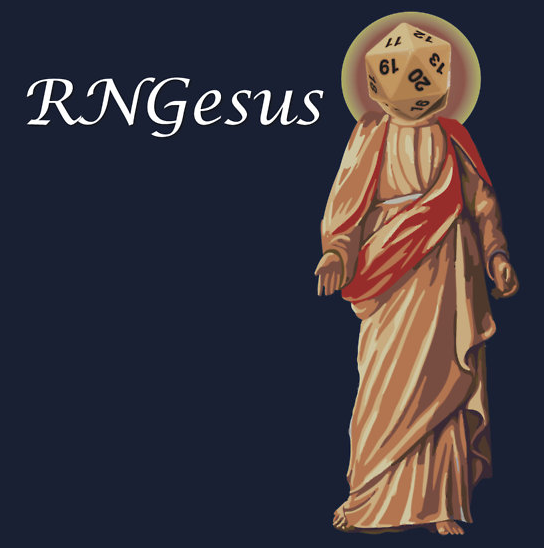
So … money is clearly the driving force behind these two mechanics, and out of my stale list I hope the cash shop is the first to go. If anything, though, games in all genres are seeing steady increases in micro transactions and P2W. We must speak with our money and stomp out this pandemic once and for all, if that means snatching your mom’s credit card from your little brother the next time he wants to buy a season pass, so be it.
So I’ve hammered in what needs to change or go completely (still looking at you cash shop), but it wouldn’t be fair not to include what should be added.
Forced Social Interaction – Make us make friends developers. The trend to cut down on how often an MMO player needs to interact with other players is disheartening.
Up the Difficulty – Sure, PVP will always be a great way to challenge players, but why is grouped content so much easier? Difficulty builds community and creates game attachment. I would never suggest not having lower difficulty options, nobody needs to be excluded, just give us a bit of unique range here. Repackaging old dungeons in harder formats fails to inspire.
Focus on Expression – Mounts, pets, housing and gear are meant to express the player and show off to other people. Transmog, dies and over stocked cash shops are all cheap ways to mimic this experience. These systems should be challenging and creative, with lore and theme appropriate rewards. Make it easier to share and show off. #socialmedia
Understand the player-pixel connection – Out of the list, this seems to be the most difficult to achieve. You guys will hate me for it, but convenience is the problem. How will a player learn anything about the village they just stumbled across in the jungle if they skip all of the dialogue? How will they make a connection with the pet they just tamed if it goes straight to some arbitrary storage system? How will they feel like adventurers if their map is already littered with shortcuts?
Add more hidden areas and secrets in dialogue. Make taming pets and mounts unique and difficult, limit storage. Hide crafting and building ingredients. A player’s attachment to an MMO is a plethora of interactions and memories. Stop taking them away for convenience without providing substitute experiences.
Ok, that’s enough for the wishlist.
So we’ve made it to present day and we’re looking at the horizon ...
2017 appears to be a big year for MMOs, but will they break these old tropes? As an optimistic and die hard MMO fan, I’m always going to say yes. As a community, we are aware of the issues, and the developers have taken notice. Well, they took notice previously, but this time they’ve changed, I’m sure of it.
Some games currently in development that appear to be making an effort to think outside of the box:
- Camelot Unchained boasts PvP only progression and action combat. This would be quite a break from the high fantasy MMORPG mold.
- Star Citizen will have a massive economy and world and FPS style combat. It is set to release sometime in the next 20 years.
- Project Gorgon is truly trying to remake the genre and takes the cake for the most original upcoming MMO.
- Peria Chronicles is meant to take house building to the next level, and with the cancellation of EQ Next, MMO players appreciate something on the building horizon.
- Worlds Adrift is a massive promise of a genre change, with a procedurally generated universe to mine and explore by airship.
- Crowfall is possibly the most anticipated of this list. The player joins long, strategic campaigns on procedurally generated worlds that have life cycles of their own.
- Dark and Light may no longer be an MMO and I am salty.
Our list of upcoming MMOs is so diverse it’s borderline freakish. This should give us hope heading into 2017 that developers are interested in clawing their way outside of the pre-determined lines and on to something that will revitalize the genre.
I hope they will keep in mind that driving force that sets an MMO apart from other genres, and that’s the ability to meet and interact with new people in every adventure. All of the innovations in the world won’t matter if they continue to make grouping too easy, allow guilds to remain vestigial and implement mostly single player tasks. But, that is a conversation for another day.
Do you think our upcoming MMOs will break the mold? Are there any older ones that stand out as going against the grain? Let us know in the comment section below.

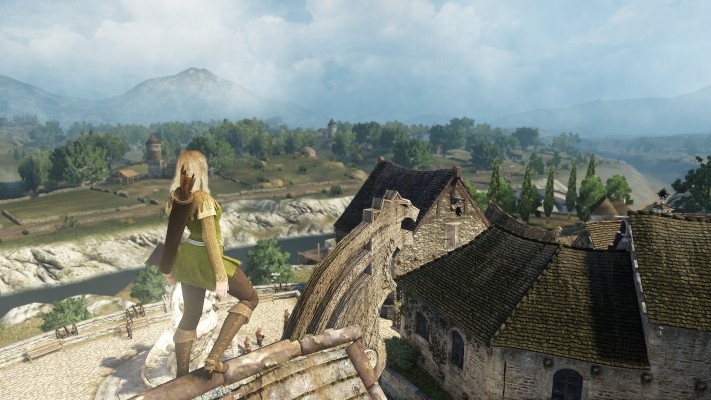
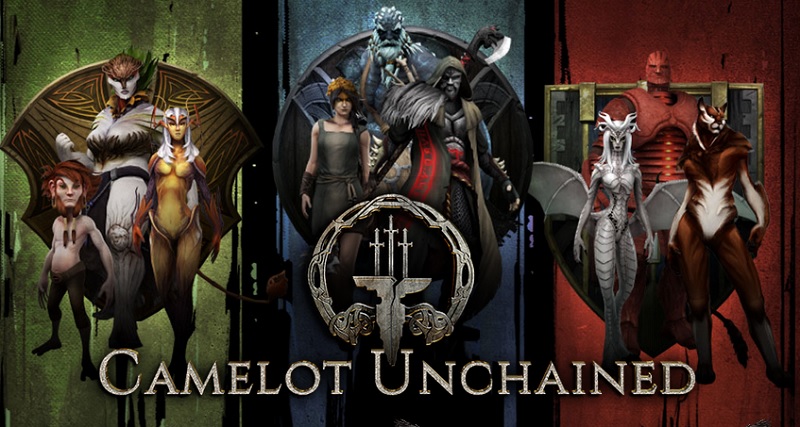
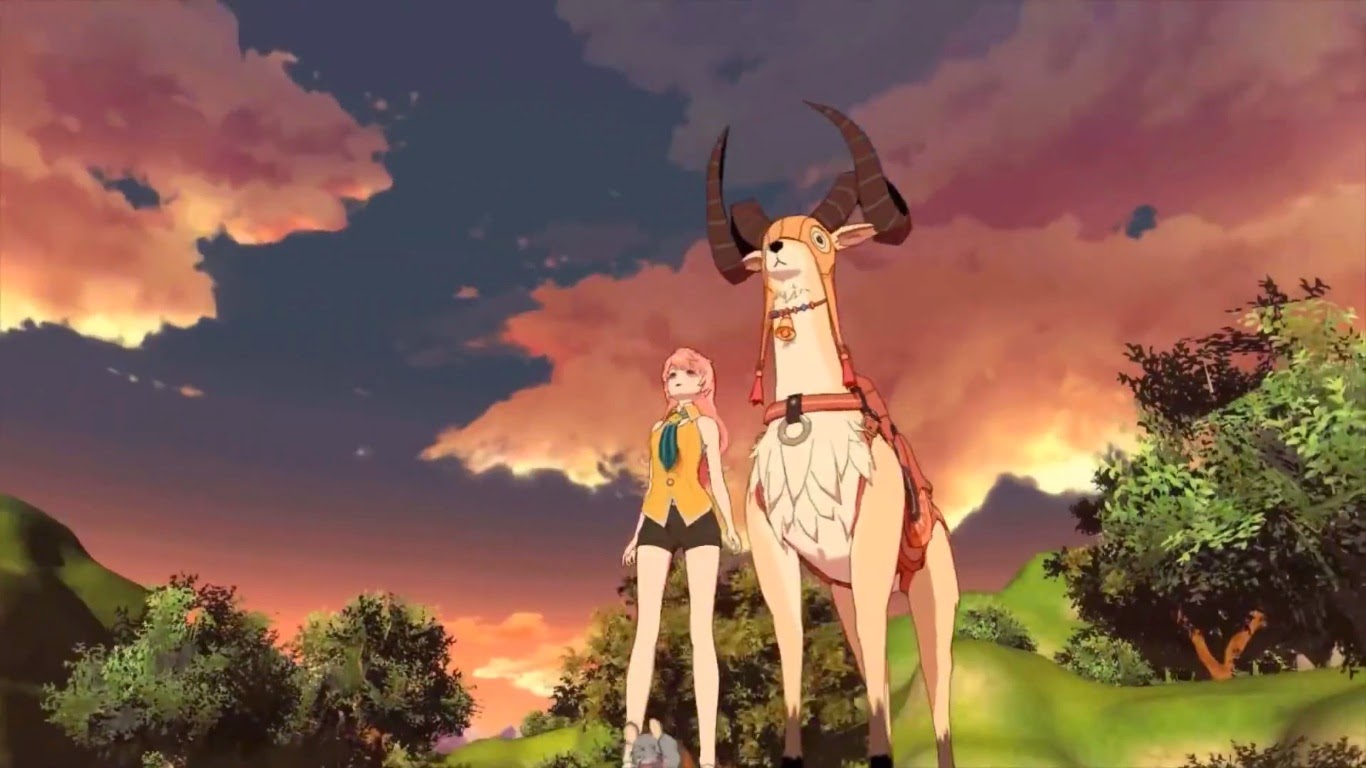





Published: Jan 13, 2017 04:13 pm